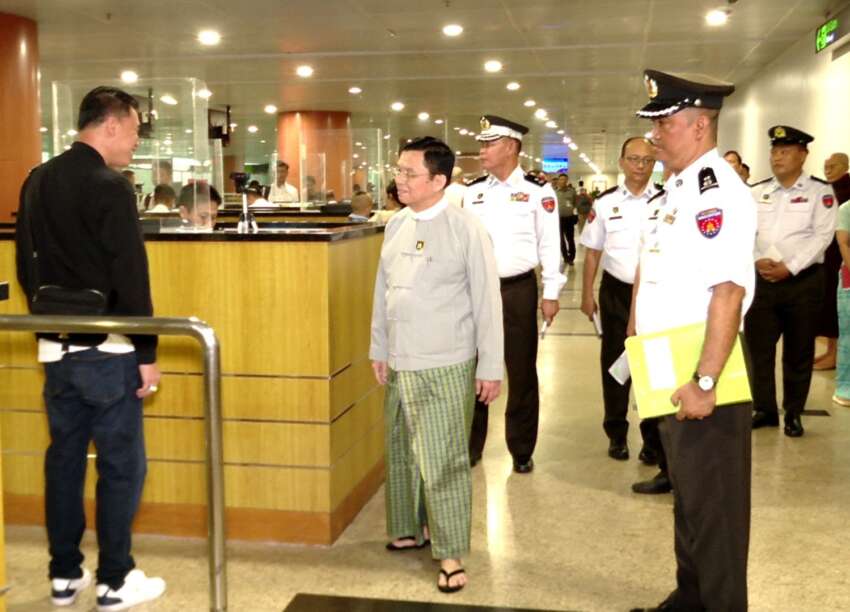
According to a report from the Ministry of Labor under the military council, all foreign employment opportunities for basic workers have been indefinitely suspended due to the decreased rate of Myanmar nationals returning from abroad. Currently, only skilled workers and those under Government-to-Government (G to G) arrangements are being permitted to work abroad after scrutiny by the military council. This suspension was implemented starting February 14, with a particular focus on completely halting the issuance of Overseas Worker Identification Cards (OWIC) for basic workers.
An official from the military council’s Labor Ministry stated that OWIC cards are now only being issued to skilled workers and those traveling under G to G arrangements. The suspension of card issuance for basic workers will remain in effect until military council leadership decides to resume the program. The official cited concerns about reduced tax revenue from overseas workers, low rates of return migration, resulting labor shortages, and loss of human resources as justifications for the policy. These actions are reportedly being carried out under direct orders from military council chairman Min Aung Hlaing.
The restrictions were implemented after Min Aung Hlaing appointed Chit Swe, former Myanmar ambassador to Thailand, as Labor Minister on January 31. Currently, only skilled workers bound for Japan and Russia, along with G to G workers heading to Laos, are being approved directly by the Labor Minister. The military council has justified these restrictions by citing foreign currency shortages and population decline. At a military council meeting in Naypyidaw on February 11, Min Aung Hlaing complained about foreign currency difficulties and insufficient remittances from overseas workers. Additionally, at a January 17 meeting, he expressed concern about Myanmar’s declining population, attributing it to increased overseas migration, various causes of death, and falling birth rates, while highlighting growing domestic labor shortages.



